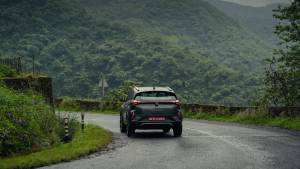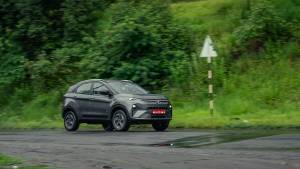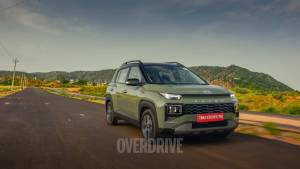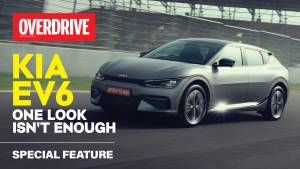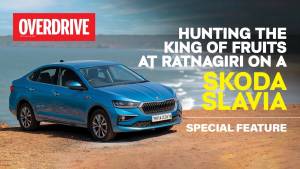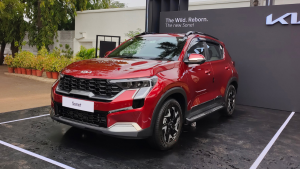Hyundai India's take on the EV vs hybrid debate
Most new car buyers seem to find themselves in a bind with the wide choices of fuel types and powertrains you have access to in India these days. For most, an ICE car will do the job just fine, but many seem to find value in EVs or even hybrids.
Hyundai India, much like group firm Kia, seems to be one to let the buyer decide. The company has left both its and its buyers' options open, offering everything from CNGs in its entry-level cars to diesels in its SUVs to high-end EVs like the Ioniq 5.
And as of now, EVs seem to be where the country's second-largest carmaker's focus will be. Speaking on a call, Tarun Garg, COO at Hyundai Motor India, believed that EVs will grow to 20 to 22 per cent of the car market by 2030. This will need a big trigger given that EVs currently account for 2.5 per cent. But the company seems confident that an inflexion point will come in 2025-26. Incidentally, this is also the time frame for the launch of its first mainstream offering along with a host of new players like Kia India, Maruti Suzuki and Toyota expected to have entered this segment by this time. Others like Tata Motors, Mahindra and MG are also expected to consolidate their position here by this time.
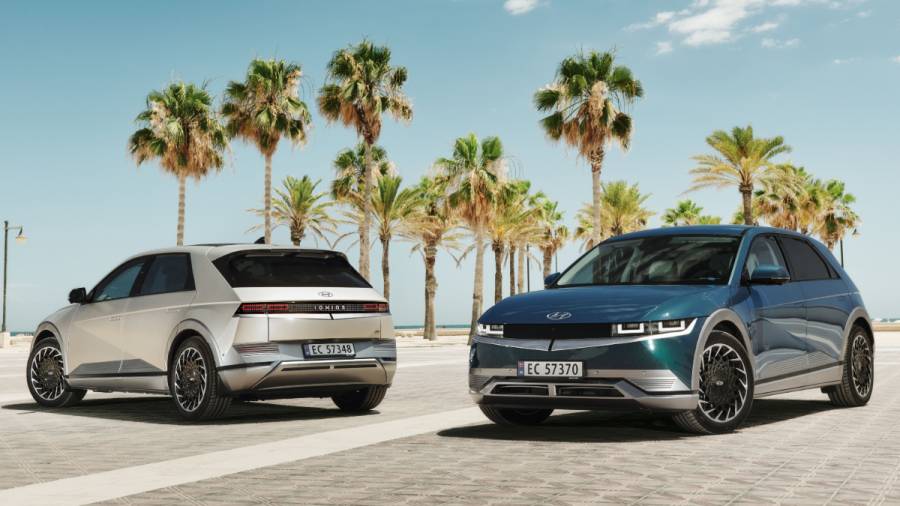
Hyundai sees promise in the fact that EV adoption has grown faster than expected in the last few years. While infrastructural challenges remain, this too has improved and streamlined notably in the years post-COVID. The next big trigger for EV growth in India is expected to be localized cell production. Battery cells currently are the biggest cost component in an EV, despite their relatively simpler construction. This is especially true for India where battery manufacturing is only just starting to pick up.
With local supply expected to pick up in the next couple of years, the initial cost of an EV that may be off-putting to a section of prospective buyers can be addressed. Advancements in battery tech have also reduced range concerns greatly and this is expected to only improve over time. A combination of these factors could well attract a wider section of buyers, the ones who are currently on the fence about this nascent technology.
While the Maruti Suzuki-Toyota combine's hybrid powertrains have been a successful bet in India, Hyundai India doesn't seem too keen to make the heavy investments in localized powertrain production that have made this possible for its rival. Garg made it clear that the company is open to bringing in its hybrid tech if government policy too moves in this direction. Hybrids are currently taxed at the same rate as ICE cars at 43 per cent while EVs call for a much lower 5 per cent GST, which combined with the higher cost of these complex powertrains makes it difficult to price competitively against rivals.
As for its more traditional powertrains, Hyundai has seen good success with CNGs. They now account for 10 per cent of its sales, mainly in the entry-level segments. While Hyundai still offers diesels in a number of its SUVs, their share continues to drop in favour of turbo-petrols. EVs, and maybe hybrids, could find this gap to further grow in the country.
Also read,
Hyundai Creta facelift will debut on January 16 in India
Hyundai Ioniq 5 crosses 1,100 unit sales milestone; 1,100th EV delivered to Shah Rukh Khan
Starts Rs 9.99 Lakhs
1353cc
Automatic
115
242
-NA-
-NA-
1591cc
Manual
105
148
17.01 Kmpl
Related Stories
Top Stories
Latest Videos
Most Popular
- Maruti Suzuki Fronx Drive Feature: Switch to Plan B
- Ford India to make a comeback in 2025? New-Gen Endeavour design patented in India
- Maruti Suzuki Brezza emerges as the most successful SUV of 2023
- Nissan Magnite EZ-Shift review - is the AMT any good?
- Hyundai Creta facelift bookings open for token amount of Rs 25,000
